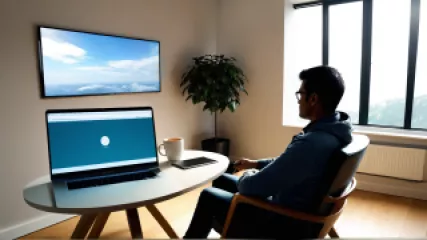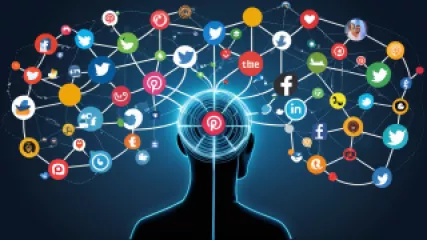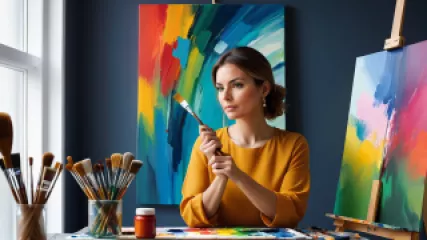Mastering Mindful Work-Life Balance: A Step-by-Step Guide
for 1 år siden
Mindfulness på Arbejdspladsen
The Importance of Mental Health Checks: A Personal Reflection
for 1 år siden
Mental Sundhedstjek
How to Conduct a Mental Health Check-in: A Step-by-Step Guide
for 1 år siden
Mental Sundhedstjek
How Art Therapy Helped Sarah Overcome Trauma
for 1 år siden
Helbredelse Gennem Kunst
The Science Behind Healthy Habits: Online Therapy Sessions Boost Wellness
for 1 år siden
Sunde Vaner
Decluttering Your Space: A Step-by-Step Guide to Emotional Clarity
for 1 år siden
Følelsesmæssige Effekter af Rod
10 Proven Somatic Symptom Management Strategies
for 1 år siden
Håndtering af Somatiske Symptomer
How Does Social Media Impact Mental Health?
for 1 år siden
Sociale Mediers Indflydelse
How Art Therapy Transformed One Woman's Journey to Healing
for 1 år siden
Helbredelse Gennem Kunst
Overcoming Victim Mentality: Powerful Lessons from the Movie 'The Shawshank Redemption'
for 1 år siden
Overvinde Offermentalitet
Boosting Child Resilience: An Interview with a Child Psychologist
for 1 år siden
Opbygning af Børns Resiliens
How Online Therapy Helped Me Overcome Social Media Addiction
for 1 år siden
Sociale Mediers Indflydelse
Embracing Empathy: Why It Matters in a Virtual World
for 1 år siden
Dyrkning af Empati
The Science Behind Mindful Eating for Emotional Balance
for 1 år siden
Mindful Spisning
Insights from a Peer Pressure Expert: An Interview
for 1 år siden
Gruppepres















